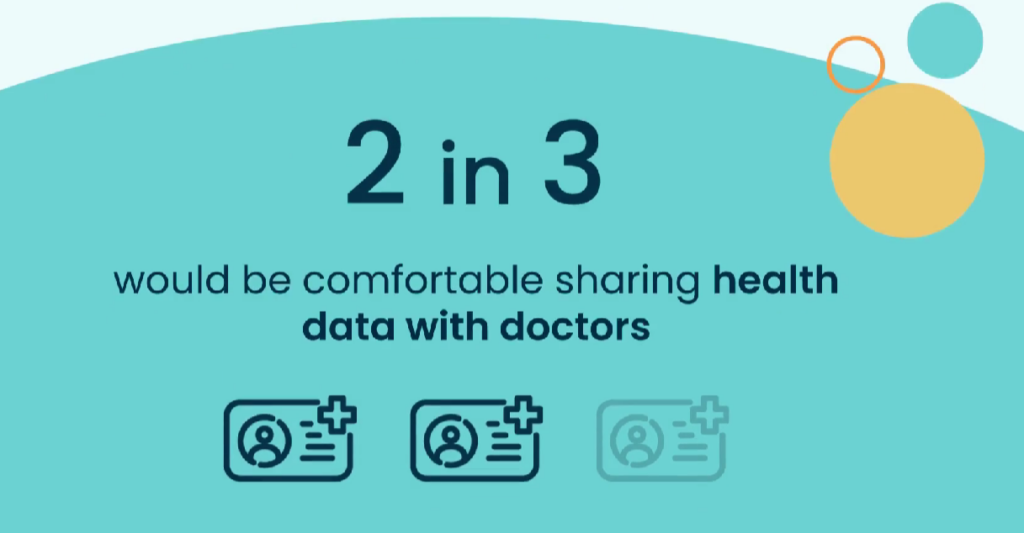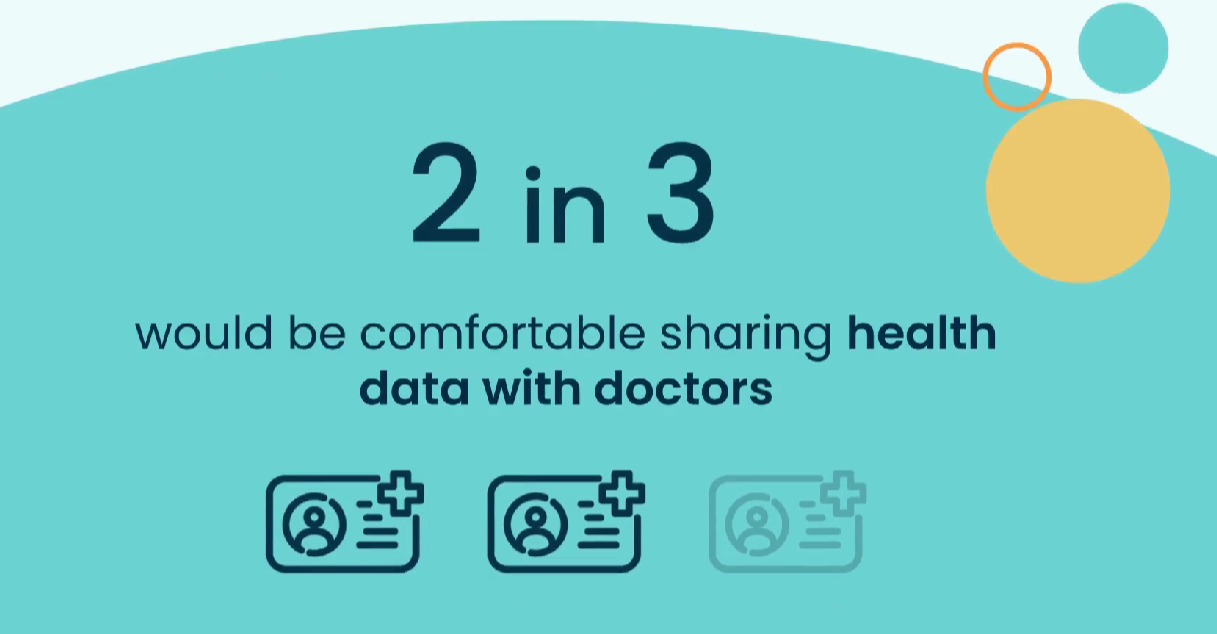Most consumers using digital health devices felt more trust in the technology when coupled with doctors’ office reviews — another lens on the importance of trust-equity between patients and physicians.
This insight came out of a report on How Consumers Purchase, Use and Trust Medical Devices based on market research sponsored by Propel Software. 
For the study, Propel Software engaged Talker Research to conduct a survey among 2,000 U.S. adults in October 2024 to gauge peoples’ views on digital health tools, buying trends, and trust.
Start with the rate of 1 in 4 Americans’ experience having a personal medical device alerting them to a pending health issue. Once alerted, then, most of these consumers had their alert-issue successfully diagnosed after consulting with a physician. ![]()
The most common medical devices consumers were using were:
- Blood pressure monitors, adopted by nearly one-half of consumers
- Electric toothbrushes, used by 39% of U.S. adults
- Fitness trackers and pedometers for activity tracking, adopted by 24% of people (think Fitbit and the huge portfolio of wrist-worn and pocketed trackers), and
- 23% of folks using smartwatches and smart rings — the latter a growing category (see more on rings in the Hot Points, below).

Back to trust with physicians — here we see that nearly one-half of consumers buying personal, consumer-facing medical devices are most motivated to purchase them with their out-of-pocket dollars based on recommendations from doctors. Friends and family word-of-mouth are influential and motivating for one-third of consumers, followed by one-fifth persuaded through product reviews. Note that ecommerce sites such as Amazon, Target, and Walmart — and three powerhouse channels for retailing digital health devices — all host consumer reviews for devices sold on their sites.

Finally, doctors are trusted data stewards for patients — something we’ve appreciated since the advent of HIPAA. Propel’s finding that 2 in 3 consumers would be comfortable sharing health data with physicians bolsters our continued appreciation in that trust-bond between patients and their doctors — also confirmed, annually, by the Gallup Poll on honesty and ethics in professions, which I perennially discuss here in Health Populi (most recently in this post). identifying the top 3 occupations in the U.S. for trust/honesty as nurses, doctors, and pharmacists).

Health Populi’s Hot Points: To make these insights actionable for stakeholders in the health care ecosystem — especially innovators who want to empower and engage consumers in their self-care and medical care at home — this study smartly assessed consumers’ views on their experience with the technologies they use to track and manage health.
Two in 3 consumers said it was key that medical devices have “a consumer-friendly appearance.”
Consumers know “what good looks like” when it comes to their experiences with technology, with retail channels, with apps and service experiences whether at airports or banks or hospitals. Devices meant to be sold directly to patients who choose to pay out-of-pocket for blood pressure monitors, glucose trackers, smartwatches and one of the growing choices of smart-rings for health must meet peoples’ increasingly higher standards for consumer-grade experiences.

I’ll close with this interesting statement from Jason Oberfest, VP of Healthcare with Oura, the smart-ring innovator. Jason recently appeared at the Parks Associates Connected Health Summit, linking his company’s device to the growing connected health ecosystem in the home-as-health-hub.
“Too many solutions focus on visualizing the raw data as the main benefit,” he noted, recommending that activity tracking must connect to insights and actionable advice for health consumers engaged with quantifying their health and self.
This will require connecting with physicians and patients’ electronic health records system for 360-degree views, embedding person-centered and trust-by-design principles, bringing together medical and everyday-data. Doing so will inspire peoples’ adoption and scaling both use of innovative devices as well as their impact on peoples’ health conditions and overall well-being. Bravo to Essence Healthcare, a Medicare Advantage plan, for offering Oura rings in 2025 to members who want to engage with self-tracking, sharing data, and acting on advice to benefit their health as they age.





More Stories
The Benefits of Fall Liver Detoxification — National Integrated Health Associates (NIHA & NIHADC)
Its Health Benefits and How to Make It
Ernie Hudson On Work, Health, & Preventing RSV